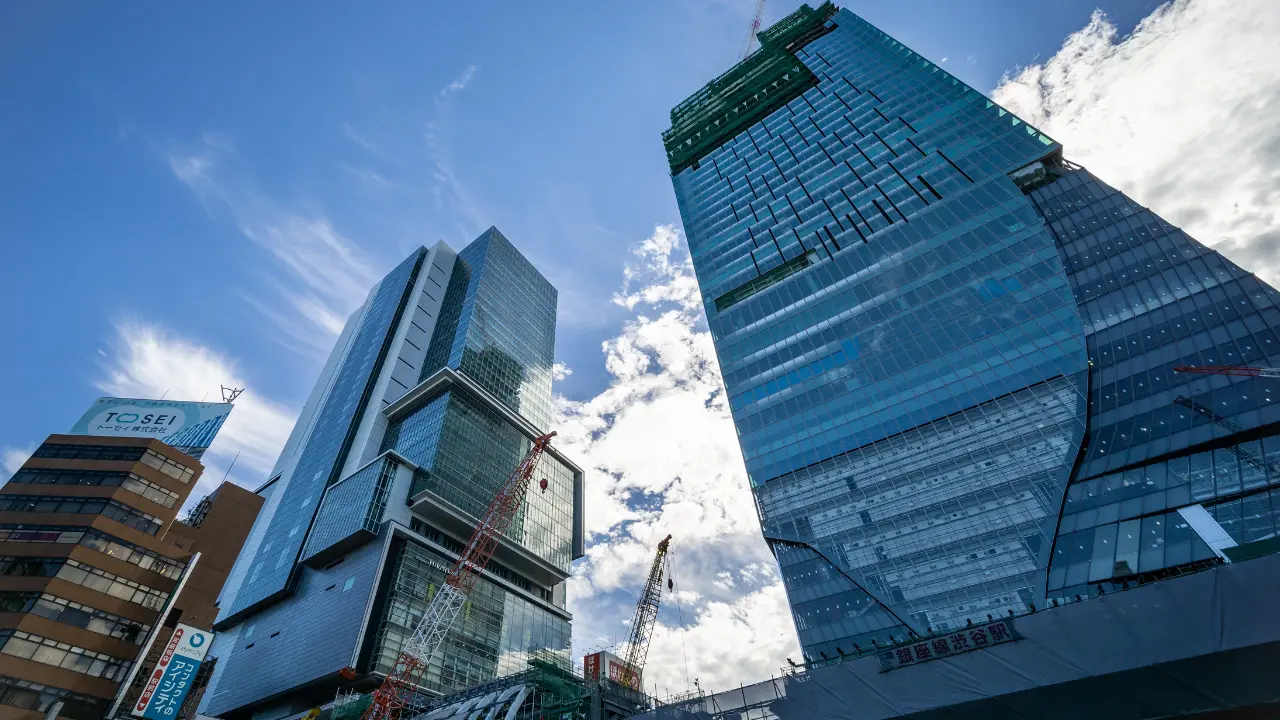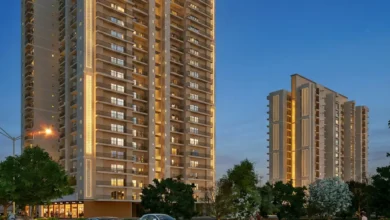Noida Approves Redevelopment Policy Inspired by Mumbai

The Noida Authority has taken a landmark step by approving a comprehensive redevelopment policy aimed at revamping aging and structurally weak housing colonies, particularly those under the Economically Weaker Sections (EWS) category. Drawing inspiration from Mumbai’s successful redevelopment framework, the new policy is expected to transform the urban fabric of Noida by providing modern housing, utilizing land efficiently, and incentivizing private developers to invest in redevelopment projects.
This new policy is rooted in a strategy that aims to address the deteriorating condition of many EWS housing units built over the last few decades. These flats, though once a symbol of affordable housing success, are now aging, structurally unsound, and lacking modern amenities. With a growing population and limited land resources, Noida’s move aligns with the broader national goal of building more sustainable and high-density urban spaces.
One of the most significant features of the policy is the increase in the Floor Area Ratio (FAR) from 1.5 to 3.5. FAR is a critical regulation that determines how much construction is allowed on a given plot of land. The revised FAR effectively allows developers to construct larger buildings on the same land parcel, enabling vertical expansion without expanding the city’s footprint. This means that old low-rise buildings can be replaced with modern high-rise towers, offering better infrastructure, services, and increased housing capacity.
Under this policy, the redevelopment process will follow a Request for Proposal (RFP) model, where private developers can bid to undertake the redevelopment of specific EWS housing blocks. The policy mandates that developers must provide new, upgraded flats to the existing residents at no cost. In return, developers are allowed to utilize the surplus built-up area—thanks to the increased FAR—for commercial purposes or to sell additional residential units, thereby making the project financially viable.
The redevelopment will be implemented on a building-wise basis, rather than across entire sectors, to make it more manageable and streamlined. The Noida Authority has already shortlisted four to five EWS housing blocks that are in structurally critical condition for the initial phase of redevelopment. These locations will serve as pilot projects to test the model before it is scaled up to other parts of the city.
A critical concern in such redevelopment projects is ensuring that residents are not displaced or adversely affected during the construction phase. To address this, the Noida Authority has made it mandatory for developers to provide temporary accommodation to affected families or pay them a fixed monthly rent during the construction period. Once the new building is completed, these families will be allotted brand-new flats with better space and facilities.
Another important aspect of the policy is the emphasis on community facilities and open spaces. The new structures are expected to include modern amenities like lifts, proper parking, green areas, and improved sanitation. By providing better living standards for EWS residents, the policy not only enhances their quality of life but also addresses long-standing urban equity concerns.
The inspiration for this policy clearly comes from Mumbai, where similar redevelopment schemes have been used extensively to rebuild old chawls and dilapidated buildings across the city. Mumbai’s model, which revolves around increasing FAR and offering developers the incentive of extra saleable space, has enabled the transformation of several urban pockets. Noida aims to replicate this model while adapting it to local urban planning norms and infrastructure capacity.
This policy is also expected to have a positive impact on Noida’s overall real estate market. With land becoming increasingly scarce and expensive, redevelopment becomes a necessary tool for growth. By unlocking valuable parcels of land in already developed areas, the policy creates new opportunities for builders and homebuyers alike. Additionally, the surge in redevelopment activity could lead to increased demand for construction material, employment for laborers, and new business for local vendors and service providers.
Moreover, the policy aligns with the Noida Authority’s recent push to revitalize stalled or delayed projects in the city. The authority had earlier approved a mechanism to allow co-developers in stuck real estate projects, offering much-needed relief to thousands of homebuyers. With this new redevelopment framework, Noida is further signaling its intent to resolve long-pending urban housing issues while fostering a developer-friendly environment.
Critically, the success of this redevelopment policy will depend on transparent execution and timely approvals. Developers will need clear guidelines, expedited permissions, and supportive infrastructure to carry out redevelopment without unnecessary delays. The Authority must also ensure that resident consent and participation remain central to every project. Any ambiguity in these areas could lead to resistance from the public or stalled redevelopment initiatives.
Environmental sustainability is another dimension that deserves attention in such large-scale projects. As older structures are demolished and replaced with high-rises, developers will need to follow green building norms and incorporate energy-efficient designs, rainwater harvesting, and waste management systems to ensure the developments are environmentally responsible.
The policy is being seen as a win-win for all stakeholders—residents receive safer, better housing; developers gain commercially viable projects; and the city benefits from upgraded infrastructure without consuming new land. Urban planners and real estate experts have lauded the move, calling it a necessary evolution in Noida’s growth story.





